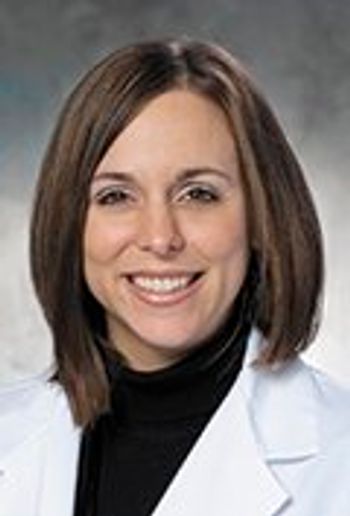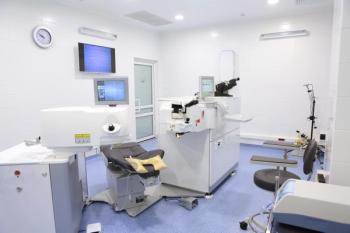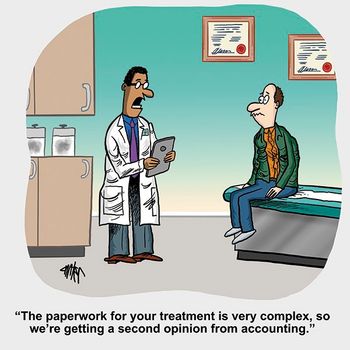
Four physicians allege ABIM is illegally tying its initial certification to MOC.

Four physicians allege ABIM is illegally tying its initial certification to MOC.

Across the various models for shared-service delivery in chronic care, one theme that stands out is the huge benefits that home visits can bring.

2018 Physician Writing Contest runner up

Paperwork and administrative burdens ranks 1st on the list of issues ruining medicine for physicians.

Compliance programs to protect your practice, staff and patients.

Women physicians often detect a gender pay gap in medicine, but negotiating for equal pay is not always successful.

Difficulty using EHRs ranks 2nd on the list of issues ruining medicine for physicians.

Consent is a controversial subject and has significant ramifications in the healthcare delivery system.

Take our poll: Do you feel burned out as a physician?

Government regulations ranks 3rd on the list of issues ruining medicine for physicians.

Rather than expending all your capital up front to buy the equipment, financing allows you to spread payments over time and free up capital for other business expenses.

Is there reimbursement specifically for weight management counseling?

There are options available for doctors who want to change systems.

Should physicians have a voice in the ongoing debate about gun control? Medical Economics surveyed our audience of primary care physicians to get their opinions. Here are the results.

Prior authorizations ranks 4th on the list of issues ruining medicine for physicians.

Change is difficult for healthcare professionals but especially difficult in a for-profit healthcare system setting-especially those systems caring for high-risk populations.

In-house testing laboratories can be profitable for physicians and give patients an enhanced care experience.

Replacing primary care physicians with NPs/PAs ranks 5th on the list of issues ruining medicine for physicians.

No negotiating leverage with payers ranks 6th on the list of issues ruining medicine for physicians.

Rising staff and overhead costs ranks 7th on the list of issues ruining medicine for physicians.

Physician practices can adopt three simple steps to increase revenue

Automation can help physicians improve the patient’s billing experience and boost revenue.

How physicians are tackling the challenge of complex paperwork.

Imbalance in primary care versus specialist reimbursement ranks 8th on the list of issues ruining medicine for physicians.

MOC costs and requirements ranks 9th on the list of issues ruining medicine for physicians.